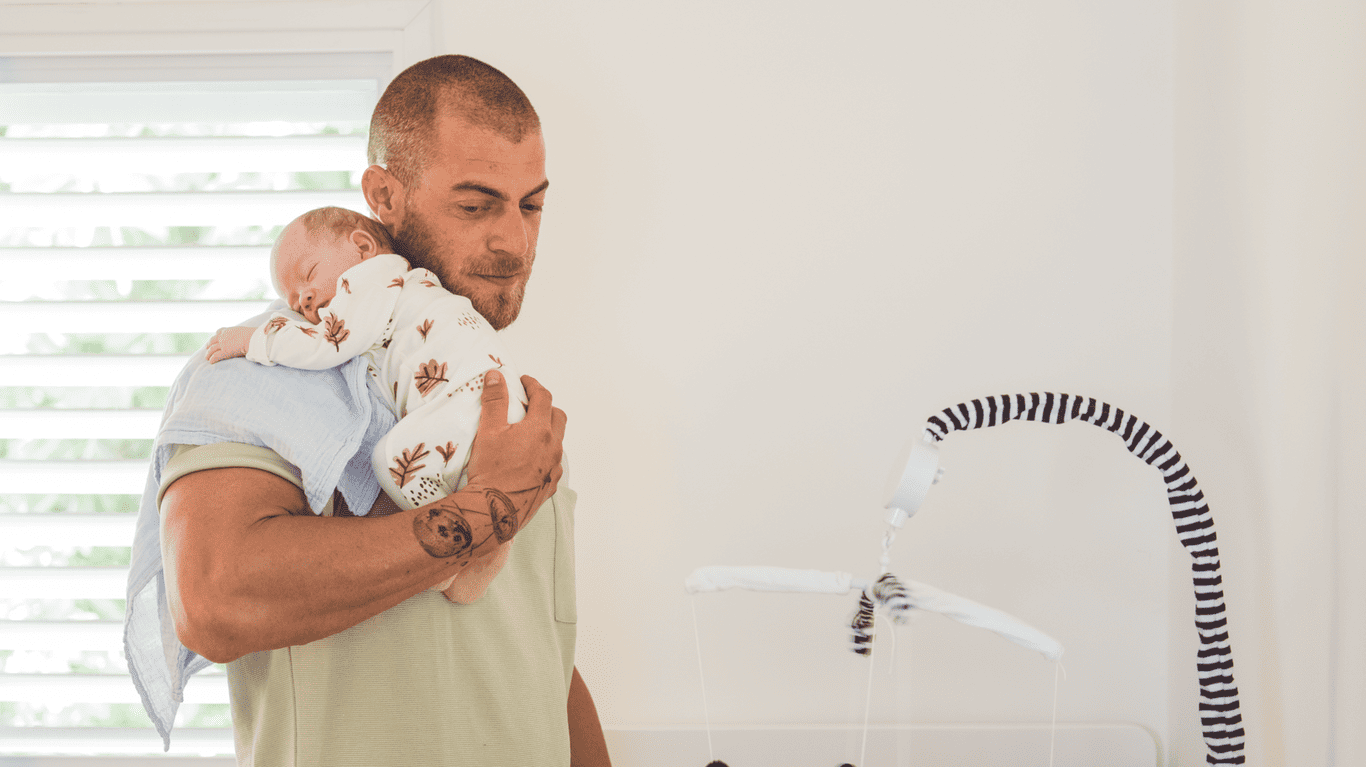Postpartum Depression (PPD) in Men
Like women, men may experience postpartum depression. While it is the woman who goes through the physical challenges of pregnancy and labor, the birth of a child can cause emotional turmoil for both parents.
-
It is hard to identify postpartum depression in men
There is not enough awareness of the prospect of postpartum depression in men. Typically, discussions about postpartum depression are focused on women, and there is insufficient awareness regarding its potential occurrence in men.
-
Lack of emotional discourse
Usually, men are less inclined to openly discuss their emotions and challenges, and society may not actively encourage them to do so. This reluctance can create difficulties in seeking help.
You may be experiencing postpartum depression if you have any of the following symptoms:
- You and your partner notice that you feel more irritated than usual.
- You may experience increased irritability, frustration, anxiety, impulsiveness, and aggression.
- You feel tense and restless.
- You experience changes in your appetite, such as eating less or more than usual.
- You struggle to fall asleep and have insomnia.
- You have headaches or digestive problems.
- You have reduced interest in sex and seclude yourself from social activities.
- You have difficulty concentrating or making simple decisions.
- You lost interest in things you enjoyed in the past.
If you identify any of these changes, experience them at high, medium, or low intensity, and they do not pass for two consecutive weeks, do not wait or disregard your feelings. It is critical that you get treatment as soon as possible, for both yourself and your surroundings.
Untreated depression can last for months on end and deteriorate. It affects not just the person who experiences it but the whole family.
You can contact a Tipat Halav (Family Care Center) clinic or your family physician to seek professional advice and receive proper treatment.
You are at increased risk of experiencing postpartum depression if you have a history of previous depressions, face difficulties in your relationship with your partner, if your partner has had a postpartum depression, or if you are in an unsupportive environment regarding your new status.
Coping with postpartum depression
-
1Do not keep it to yourself
Share your feelings with your family, a friend, or a healthcare professional. Opening up can alleviate feelings of loneliness and provide the support you need from your environment.
-
2Maintain a healthy routine
Just as important in normal times, but particularly in times of distress, it is important to have regular and nutritious meals and drink enough water. Engaging in sports and any physical activity has been proven to reduce depressive symptoms. If you are on maternity leave, try to relax when the baby is asleep, even during the day.
-
3Use your free time
Try to go out occasionally with friends or family, without the baby. Avoid unnecessary actions as much as possible.
-
4Seek help
Caring for young babies is intensive and not simple. Asking for help and accepting it when offered is not a sign of weakness.
If you are concerned that you suffer from depression, it is extremely important that you seek and receive professional help. You can treat depression, and it is better to address it as sooner as possible.
Tipat Halav clinics
The Tipat Halav (Family Care Center) clinics offer support and can help you overcome the challenges you may face. You can also call the Tipat Halav hotline at *5400, Sunday-Thursday 16:00-21:00 and Friday 8:00-13:00.





















